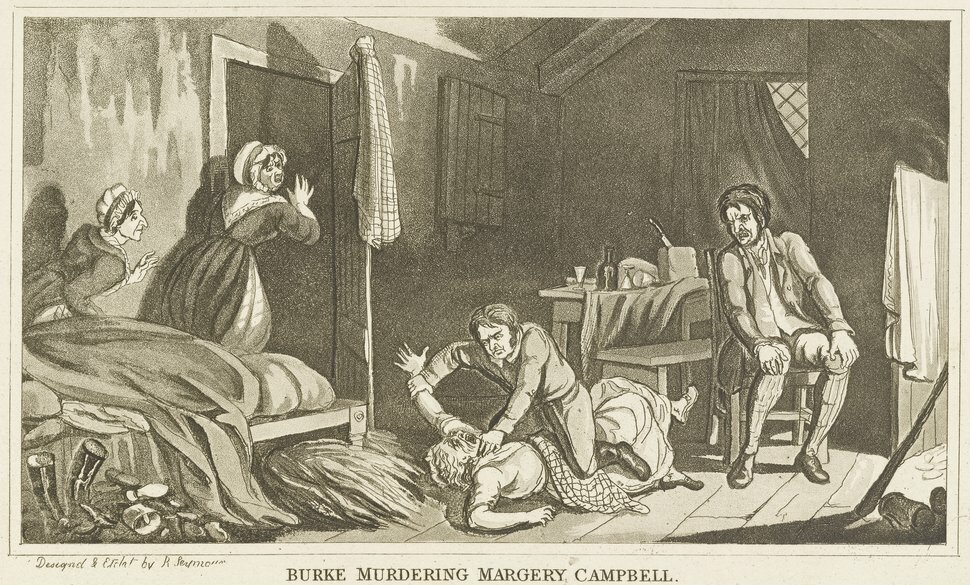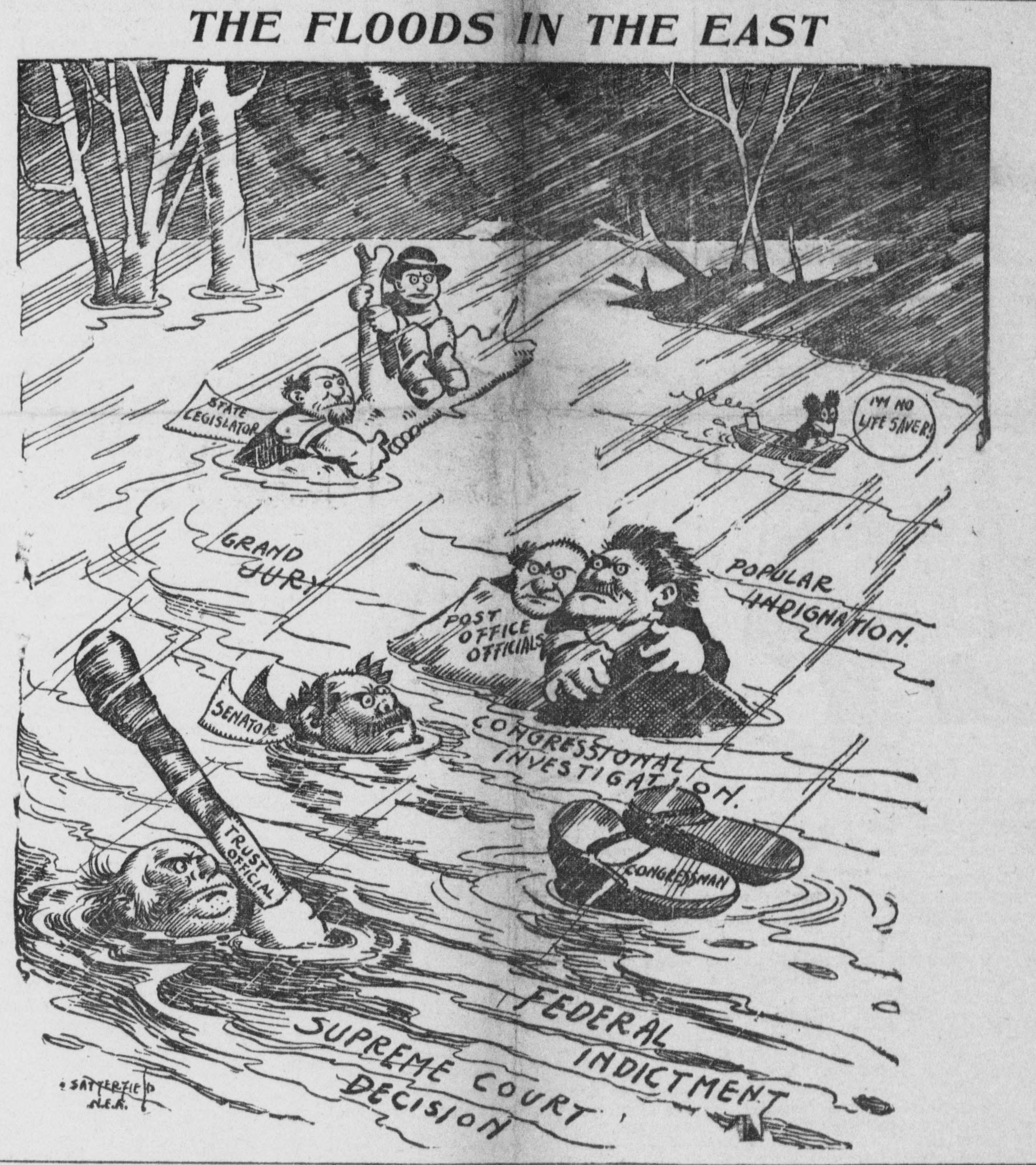|
Juárez House Of Death
The House of Death refers to a serial killing site in the Mexican city of Ciudad Juárez, Chihuahua, where executions were committed by members of the Juárez Cartel, some allegedly with the knowledge and participation of a United States undercover informant known by the pseudonym "Lalo", who had infiltrated the cartel. According to policy of the United States Department of Justice, undercover informants are not permitted to participate in acts of violence. Guillermo Eduardo Ramírez Peyro, a.k.a. "Lalo", was a former Mexican Highway Patrol officer and a paid informant of U.S. Immigration and Customs Enforcement (ICE), which is part of the Department of Homeland Security. "Lalo" also reported to the DEA. After infiltrating the Juárez Cartel, he worked with Heriberto Santillán Tabares and helped him murder people in Mexico. "Lalo" had foreknowledge of planned killings and claims that he informed his US handlers of the intended crimes. It has been asserted that US officia ... [...More Info...] [...Related Items...] OR: [Wikipedia] [Google] [Baidu] |
Serial Killer
A serial killer (also called a serial murderer) is a person who murders three or more people,An offender can be anyone: * * * * * (This source only requires two people) with the killings taking place over a significant period of time in separate events. Their psychological gratification is the Motive (law), motivation for the killings, and many serial murders involve sexual contact with the victims at different points during the murder process. The United States Federal Bureau of Investigation (FBI) states that the motives of serial killers can include anger, thrill killing , thrill-seeking, attention seeking, and financial gain, and killings may be Modus operandi, executed as such. The victims tend to have things in common, such as demographic profile, appearance, gender, or Race (human categorization), race. As a group, serial killers suffer from a variety of personality disorders. Most are often not adjudicated as insane under the law. Although a serial killer is a distinct cl ... [...More Info...] [...Related Items...] OR: [Wikipedia] [Google] [Baidu] |
Plea Bargaining
A plea bargain, also known as a plea agreement or plea deal, is a legal arrangement in criminal law where the defendant agrees to plead guilty or no contest to a charge in exchange for concessions from the prosecutor. These concessions can include a reduction in the severity of the charges, the dismissal of some charges, or a more lenient sentencing recommendation. Plea bargaining serves as a mechanism to expedite the resolution of criminal cases, allowing both the prosecution and the defense to avoid the time, expense, and uncertainty of a trial. It is a prevalent practice in the United States, where it resolves the vast majority of criminal cases, and has been adopted in various forms in other legal systems worldwide. Plea bargains can take different forms, such as ''charge bargaining'', where a defendant pleads guilty to a lesser offense, or ''sentence bargaining'', where the expected sentence is agreed upon before a guilty plea. In addition, count bargaining involves pleading ... [...More Info...] [...Related Items...] OR: [Wikipedia] [Google] [Baidu] |
Scandals In The United States
A scandal can be broadly defined as the strong social reactions of outrage, anger, or surprise, when accusations or rumours circulate or appear for some reason, regarding a person or persons who are perceived to have transgressed in some way a social norm. These reactions are usually noisy and may be conflicting, and they often have negative effects on the status and credibility of the persons or organizations involved. Society is scandalized when it becomes aware of breaches of moral norms or legal requirements, often when these have remained undiscovered or been concealed for some time. Such breaches have typically erupted from greed, lust, or the abuse of power. Scandals may be regarded as political, sexual, moral, literary, or artistic, but often spread from one realm into another. The basis of a scandal may be factual or false, or a combination of both. In contemporary times, exposure of a scandalous situation is often made by mass media. Contemporary media has th ... [...More Info...] [...Related Items...] OR: [Wikipedia] [Google] [Baidu] |
Execution Sites
Capital punishment, also known as the death penalty and formerly called judicial homicide, is the state-sanctioned killing of a person as punishment for actual or supposed misconduct. The sentence ordering that an offender be punished in such a manner is called a death sentence, and the act of carrying out the sentence is an execution. A prisoner who has been sentenced to death and awaits execution is ''condemned'' and is commonly referred to as being "on death row". Etymologically, the term ''capital'' (, derived via the Latin ' from ', "head") refers to execution by beheading, but executions are carried out by many methods, including hanging, shooting, lethal injection, stoning, electrocution, and gassing. Crimes that are punishable by death are known as ''capital crimes'', ''capital offences'', or ''capital felonies'', and vary depending on the jurisdiction, but commonly include serious crimes against a person, such as murder, assassination, mass murder, child murder, ... [...More Info...] [...Related Items...] OR: [Wikipedia] [Google] [Baidu] |
History Of Ciudad Juárez
History is the systematic study of the past, focusing primarily on the human past. As an academic discipline, it analyses and interprets evidence to construct narratives about what happened and explain why it happened. Some theorists categorize history as a social science, while others see it as part of the humanities or consider it a hybrid discipline. Similar debates surround the purpose of history—for example, whether its main aim is theoretical, to uncover the truth, or practical, to learn lessons from the past. In a more general sense, the term ''history'' refers not to an academic field but to the past itself, times in the past, or to individual texts about the past. Historical research relies on primary and secondary sources to reconstruct past events and validate interpretations. Source criticism is used to evaluate these sources, assessing their authenticity, content, and reliability. Historians strive to integrate the perspectives of several sources to develop a ... [...More Info...] [...Related Items...] OR: [Wikipedia] [Google] [Baidu] |



